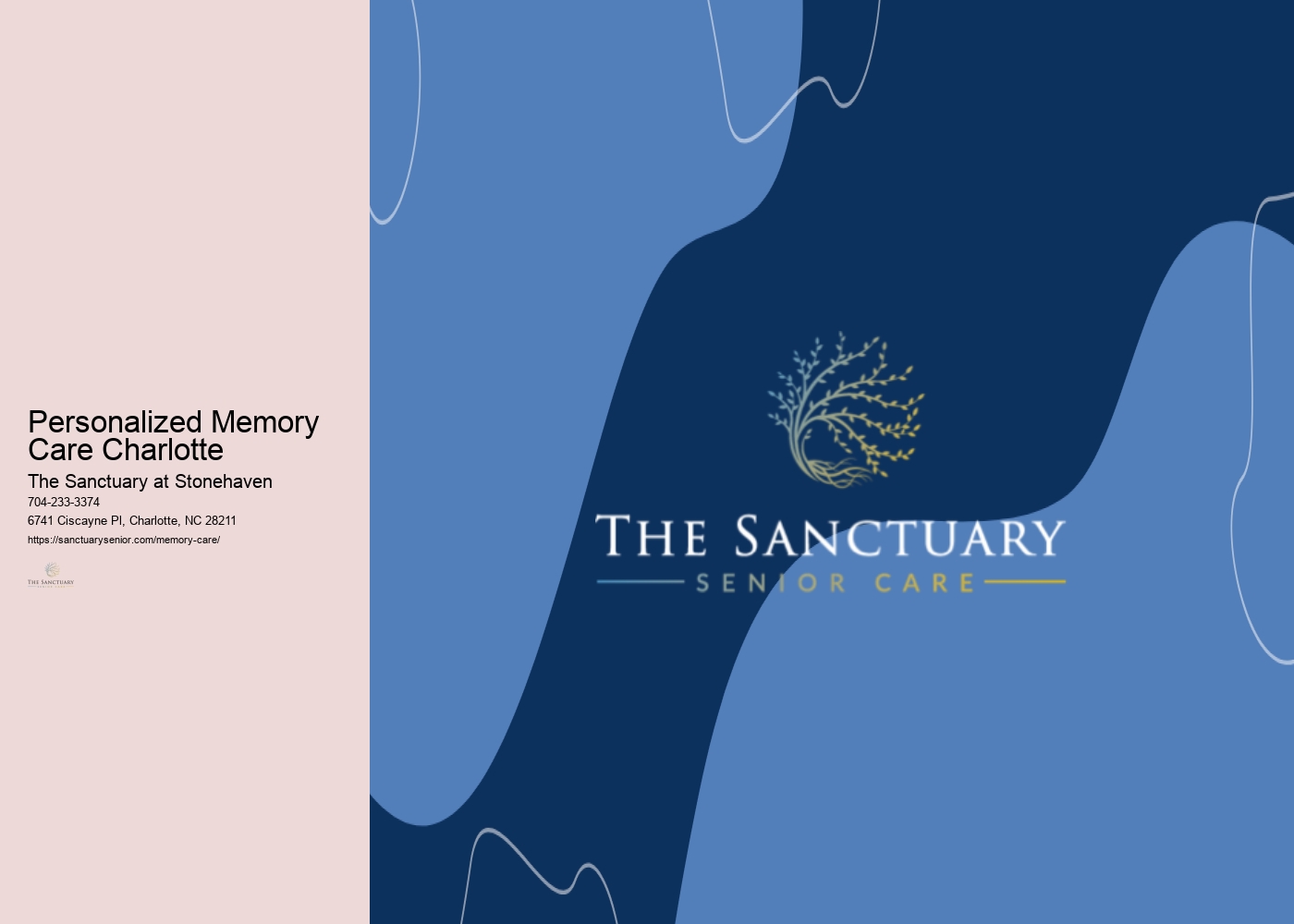

Memory care facilities provide essential support for individuals grappling with cognitive decline, such as Alzheimer's or dementia. These specialized environments offer tailored care plans designed to enhance quality of life while ensuring a safe and secure atmosphere.
In addition, the structured daily activities and social engagement opportunities foster connections that can greatly alleviate feelings of isolation.
With trained and compassionate staff dedicated to the well-being of residents, families can find peace of mind. Yet, the full extent of these benefits extends beyond mere care; there are critical elements that warrant closer examination.
In memory care facilities, specialized care and support are paramount to addressing the unique needs of individuals with cognitive impairments. These facilities employ trained professionals who understand the complexities of conditions such as Alzheimer's and dementia.
Tailored care plans are created, focusing on enhancing residents' quality of life while promoting independence within a safe environment. Staff members engage residents in meaningful activities designed to stimulate cognitive function and foster social interactions, which can alleviate feelings of isolation.
Furthermore, family support services are often integrated, providing resources and counseling to help families navigate the challenges of caregiving. This holistic approach nurtures their emotional well-being, creating a supportive community for both residents and their families.
Memory care facilities prioritize not only specialized care but also enhanced safety measures to protect residents with cognitive impairments. These facilities are designed with secure environments that minimize the risk of wandering and potential accidents.
Features such as secured entrances and exits, surveillance systems, and trained staff guarantee constant supervision. Additionally, the layout of memory care facilities is intentionally structured to reduce confusion, with clear signage and familiar landmarks aiding navigation.
Emergency response protocols are also established, providing quick access to medical assistance if needed. This all-encompassing approach not only safeguards residents but also offers peace of mind to families, knowing their loved ones are in a secure and supportive setting tailored to their unique needs.

Structured daily activities play an essential role in enhancing the well-being of residents in memory care facilities. These activities are carefully designed to provide cognitive stimulation, maintain routine, and promote a sense of accomplishment.
By engaging residents in tasks such as arts and crafts, gardening, and simple exercises, facilities foster mental engagement and physical health. Additionally, routines help reduce anxiety and confusion, providing a predictable environment that can be comforting to individuals with memory impairments.
Tailoring activities to each resident's interests and abilities guarantees that they remain meaningful and enjoyable, further enhancing participation. Ultimately, these structured activities not only improve quality of life but also support the overall cognitive and emotional health of residents in memory care settings.
Engaging in social activities is essential for residents in memory care facilities, complementing the structured daily activities designed to enhance their cognitive and emotional well-being. These facilities provide a range of social engagement opportunities, encouraging residents to form connections with peers and participate in group activities.
Regular social interactions help reduce feelings of isolation and loneliness, which are common among individuals with memory impairments. Activities such as arts and crafts, music therapy, and group games foster teamwork and communication, promoting a sense of belonging.
Additionally, social engagement can stimulate cognitive function and enhance mood, contributing to overall health. By prioritizing these opportunities, memory care facilities create a vibrant community that supports residents' emotional and social needs.

Providing care in memory care facilities requires a dedicated team of trained and compassionate staff members who understand the unique needs of individuals with cognitive impairments. These professionals undergo specialized training in dementia care, equipping them with skills to manage challenging behaviors and to communicate effectively.
Their compassion fosters a supportive environment, enhancing residents' emotional well-being. Staff members are adept at implementing personalized care plans, guaranteeing that each individual's preferences and routines are respected.
This tailored approach not only facilitates daily activities but also encourages a sense of autonomy among residents. Additionally, ongoing education and training guarantee that staff stay updated on best practices in memory care, ultimately leading to improved outcomes for the individuals they serve.
Many families find peace of mind when their loved ones are placed in memory care facilities, knowing they are receiving specialized attention tailored to their unique needs. These facilities are designed to provide a safe and supportive environment where individuals with memory impairments can thrive.
Families can rest assured that trained professionals are available around the clock, ensuring their loved ones are cared for with compassion and expertise. Additionally, memory care facilities offer structured programs that promote cognitive engagement and social interaction, which can greatly enhance the quality of life for residents.
By entrusting their loved ones to these dedicated environments, families can alleviate the stress and uncertainty often associated with caregiving, allowing them to focus on spending meaningful time together.

Visiting hours and policies at memory care facilities are typically managed to ensure the well-being and safety of residents. These policies may vary but often include designated visiting hours, visitor registration, and guidelines for conduct. Restrictions on the number of visitors, length of visits, and health screenings may also be in place to protect the vulnerable population residing in the facility. Communication with the facility staff can provide specific details regarding their visiting policies.
Measures to maintain residents' dignity and independence in a memory care facility include promoting autonomy in daily activities, respecting personal choices, providing individualized care plans, fostering a sense of purpose through meaningful engagements, and ensuring a safe and supportive environment. Staff training on dignity preservation, encouraging self-care where possible, and involving residents in decision-making processes are additional strategies that contribute to upholding dignity and independence among residents.
Social outings and community interactions are essential components of our memory care program. We believe that engaging with the community and participating in outings can greatly enhance the overall well-being of our residents. These opportunities provide mental stimulation, social interaction, and a chance to enjoy new experiences. Our dedicated staff carefully plans and facilitates these outings, ensuring that residents can safely and comfortably enjoy these enriching experiences.